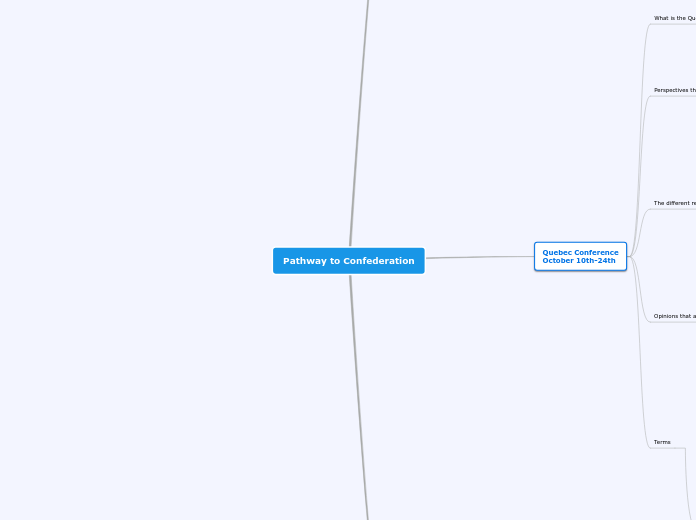по Ryan Gupta 5 лет назад
306
Pathway to Confederation
In late 1866 to early 1867, the London Conference was convened to finalize the terms of Canadian Confederation and secure British approval. The initial suggestion to name the new nation the "

по Ryan Gupta 5 лет назад
306

Больше похоже на это